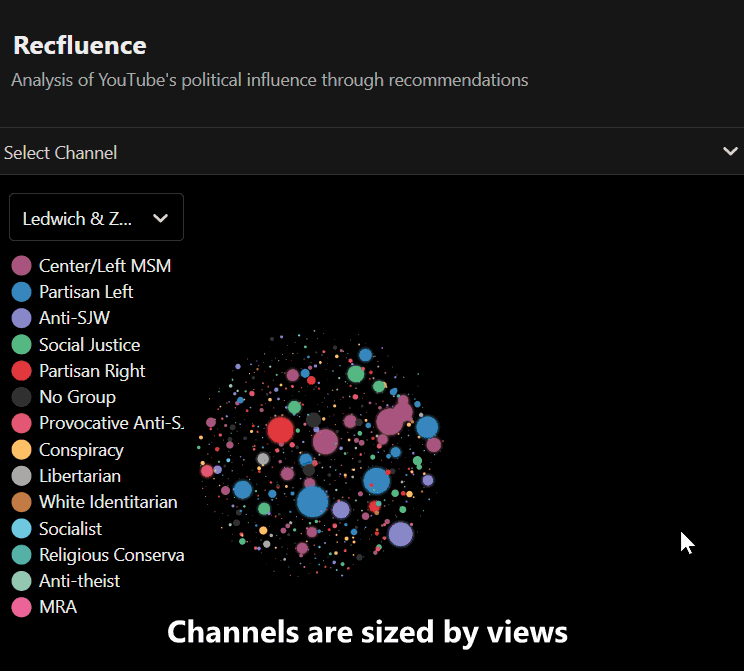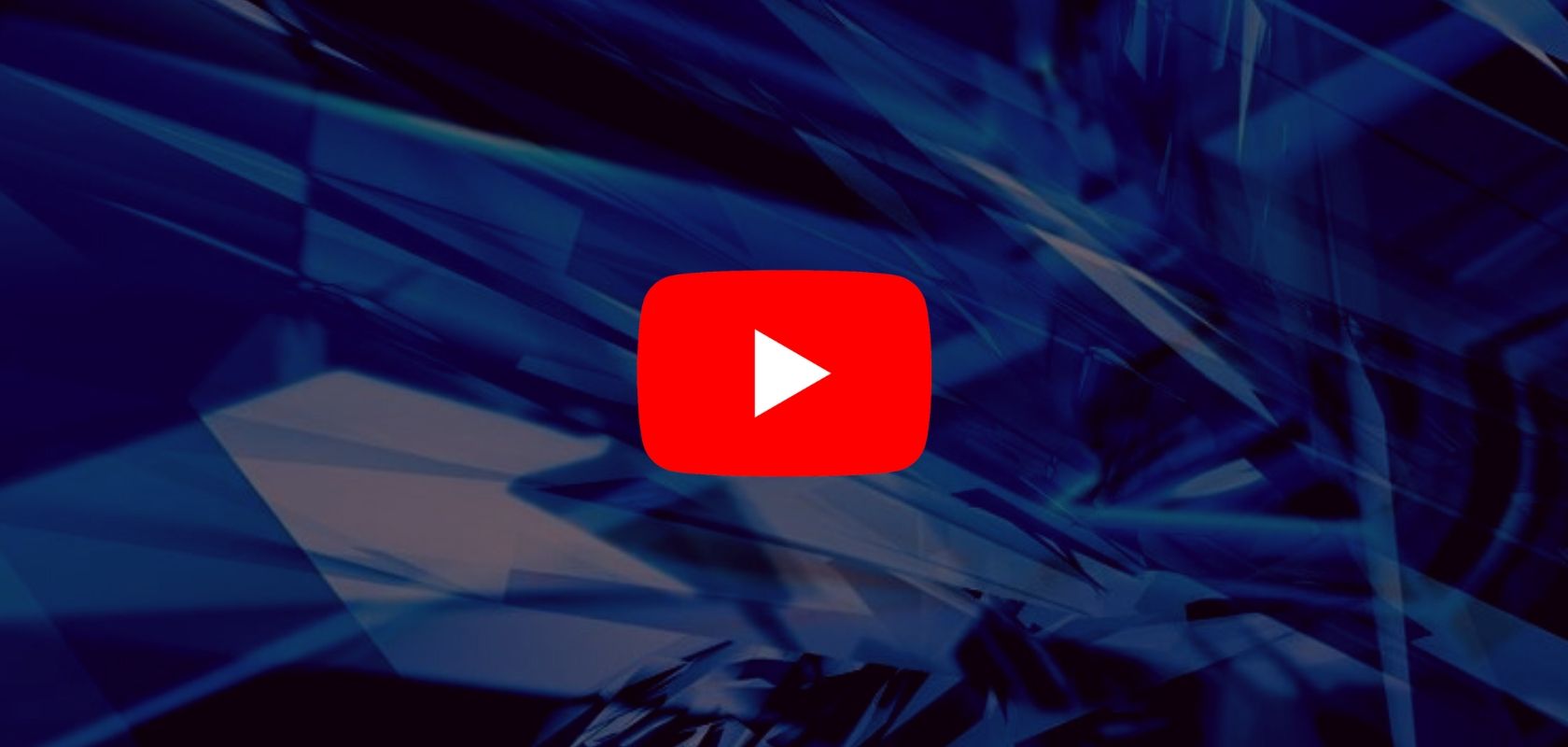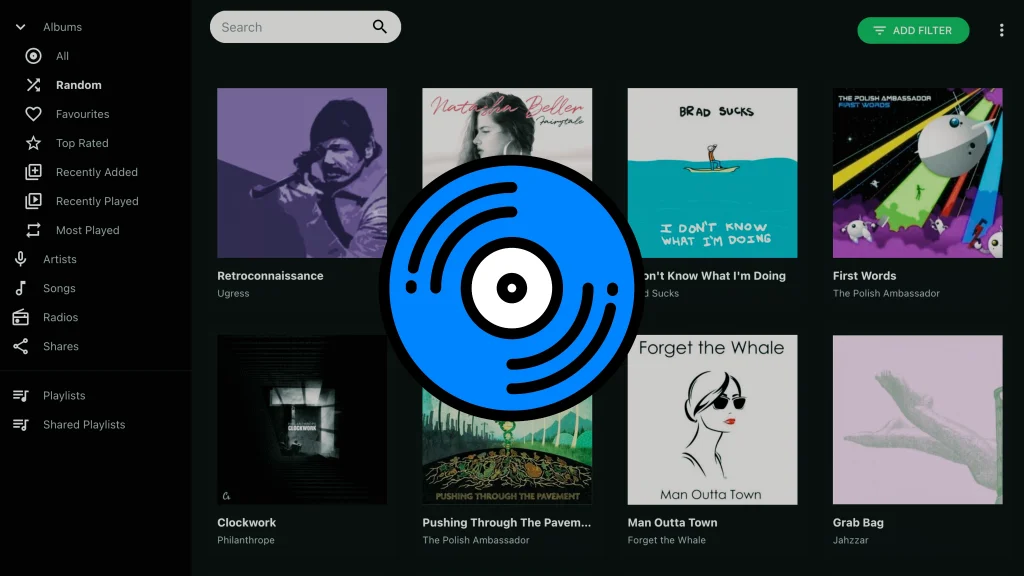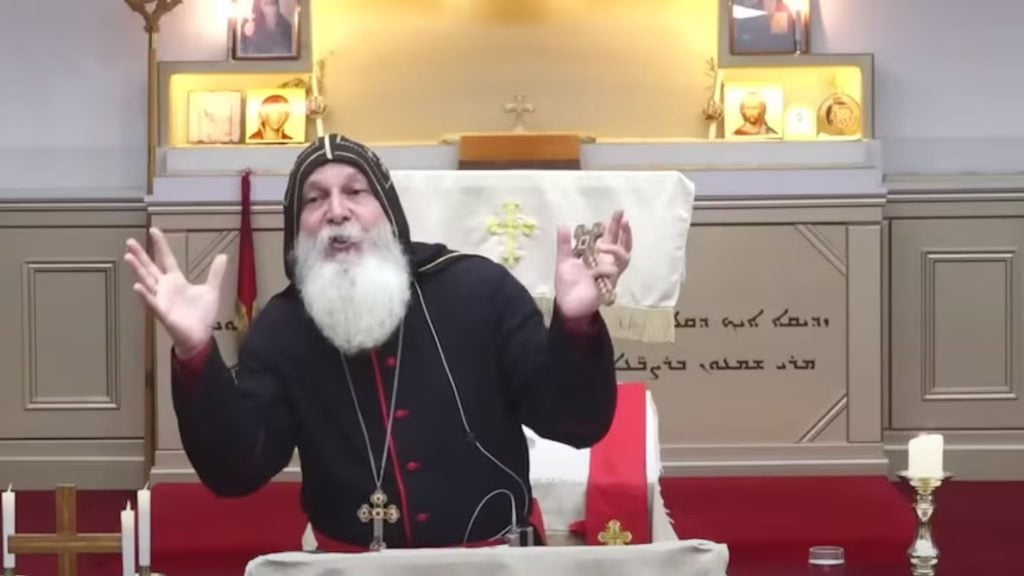A recent study produced by a US-based software engineer and a postdoctoral researcher into the notion that YouTube’s recommendations algorithms somehow serve to boost the right-wing movement in this world – doesn’t seem to hold up.
The software engineer, Mark Ledwich, who worked with UC Berkley post-doc Anna Zaitsev on the study, detailed the findings in a post published on Medium.

Criticism at YouTube’s expense today prominently includes accusations that the Google-owned platform goes out of its way to suppress any hint of ideological dissent differing from the ruling liberal mores in the US, by pretty much any means necessary – including such highly controversial policies like deplatforming and demonetization to keep anything being, or even resembling right-wing politics off any visible, and therefore influential and monetizable place on the platform.
This is something that you might in another time and/or place refer simply as, “ideological censorship.”
Yet – in 2019, the New York Times decided to try arguing the case of YouTube actually being a bastion of alt-right ideology – by publishing an article authored by Kevin Roose, featuring a liberal college dropout who claimed YouTube’s recommendations tab was “a vortex of far-right politics” that was responsible for turning him into a “alt-right radical.”
Was Roose’s bafflingly visually presented piece an attempt to maintain YouTube’s credibility as an “equal opportunity political offender” – despite the mounting evidence that it had long since taken its (opposite) side, and was making sure to support it?
In any case, it was enough to prompt a media narrative about YouTube’s alleged role as some kind of “algorithmic champion” of ideology – but now the study carried out by Ledwich and Zaitsev – based on more than 760 political channels on YouTube across the ideological landscape, and more than 23 million recommendations for 675,000 videos uploaded since 2018 – found no evidence of this.
Similar data has found the same.
If anything – the researchers discovered that YouTube is now basically attempting to appease all, and attract the least amount of criticism.
In the words of the study – YouTube’s late 2019 algorithm is “not a radicalization pipeline (…) in fact it removes almost all recommendations for conspiracy theorists, provocateurs and white identitarians; benefits mainstream partisan channels such as Fox News and Last Week Tonight; disadvantages almost everyone else.”
In light of its data and subsequent findings, the study takes issue with the notion of “authoritative sources” and what’s referred to as “old media” – and the “war” these continue to wage on “decentralized” – i.e., the new, web-based media.
If you're tired of censorship and dystopian threats against civil liberties, subscribe to Reclaim The Net.









